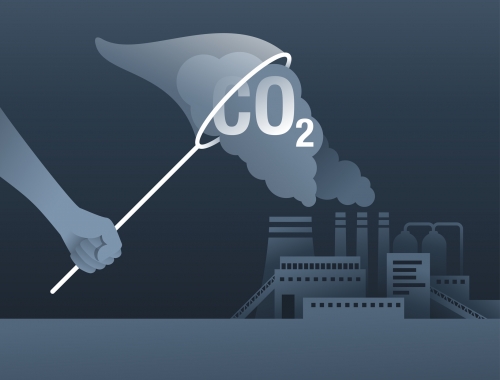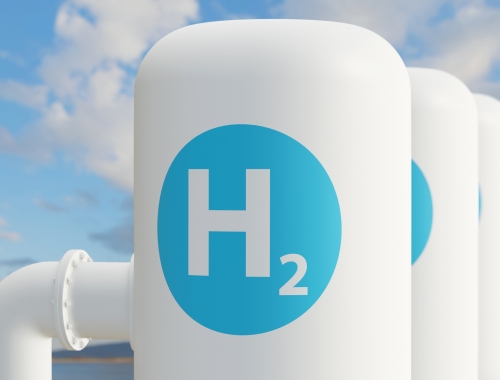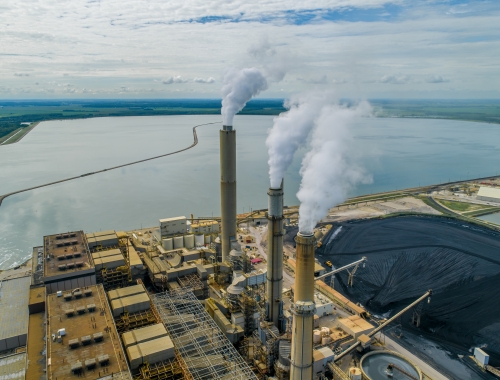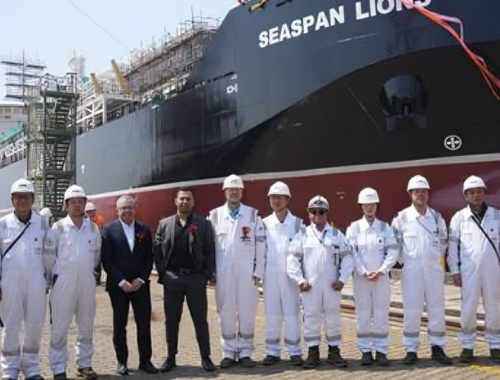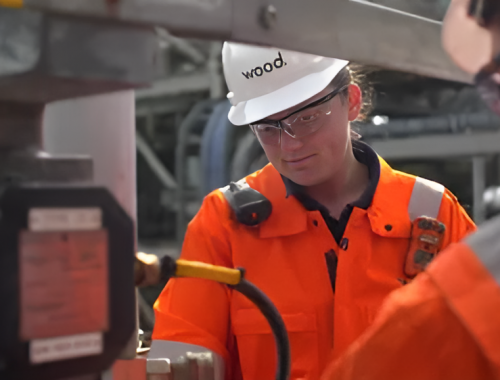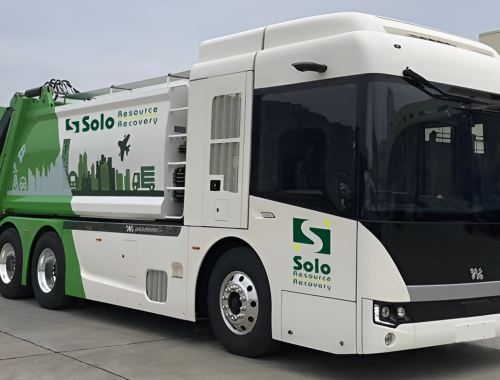Wolf Midstream to extend Alberta CO2 pipeline
SUMMARY
Alberta Carbon Trunk Line will be extended to gather CO2 from Alberta's Industrial Heartland region. [Image: Wolf Carbon]
By Dale LunanWolf Midstream Canada said September 5 it had reached a final investment decision (FID) to extend its existing Alberta Carbon Trunk Line (ACTL) system through the core of Alberta’s Industrial Heartland (AIH) near Edmonton to support carbon capture and storage (CCS) from existing and new industrial facilities.
Approvals have been received from the Alberta Energy Regulator (AER) and construction has begun on the ACTL Edmonton Connector, which at full capacity will be capable of transporting approximately 7mn tonnes/year of CO2.
The extended system will collect CO2 from local industrial facilities for transport through ACTL for deliver to permanent underground storage.
Wolf has executed an agreement with Air Products Canada to transport CO2originating from its under-construction, Net-Zero Hydrogen Energy Complex in AIH.
“The ACTL Edmonton Connector is a tremendous opportunity to work in partnership with Air Products, who are leading by example as they develop one of the lowest-carbon-intensity hydrogen networks in the world,” said Jeff Pearson, president of Wolf Carbon. “Wolf is leveraging the excess capacity of ACTL with the new ACTL Edmonton Connector to further support key net-zero projects which are critical to the future of our province and country.”
ACTL is capable of transporting 14.6mn tonnes/year of CO2 and has already transported more than 4mn tonnes of CO2 to underground storage since it began operations in 2020. It extends from Redwater, northeast of Edmonton, to Clive, in central Alberta, where CO2 is permanently sequestered or used in enhanced oil recovery operations.
There are multiple existing or proposed carbon storage sites close to ACTL, including two large sites that Wolf has secured for evaluation through executed agreements with the province of Alberta for evaluation and development, one of which is just east of AIH.
“Alberta is a world leader in the development of CCS and carbon tech,” Alberta energy minister Brian Jean said. “This project expands on that. For more than a decade, our province has supported the development of CCS by establishing the framework and infrastructure for industry to employ carbon tech to help reduce their emissions.”

